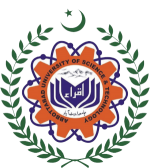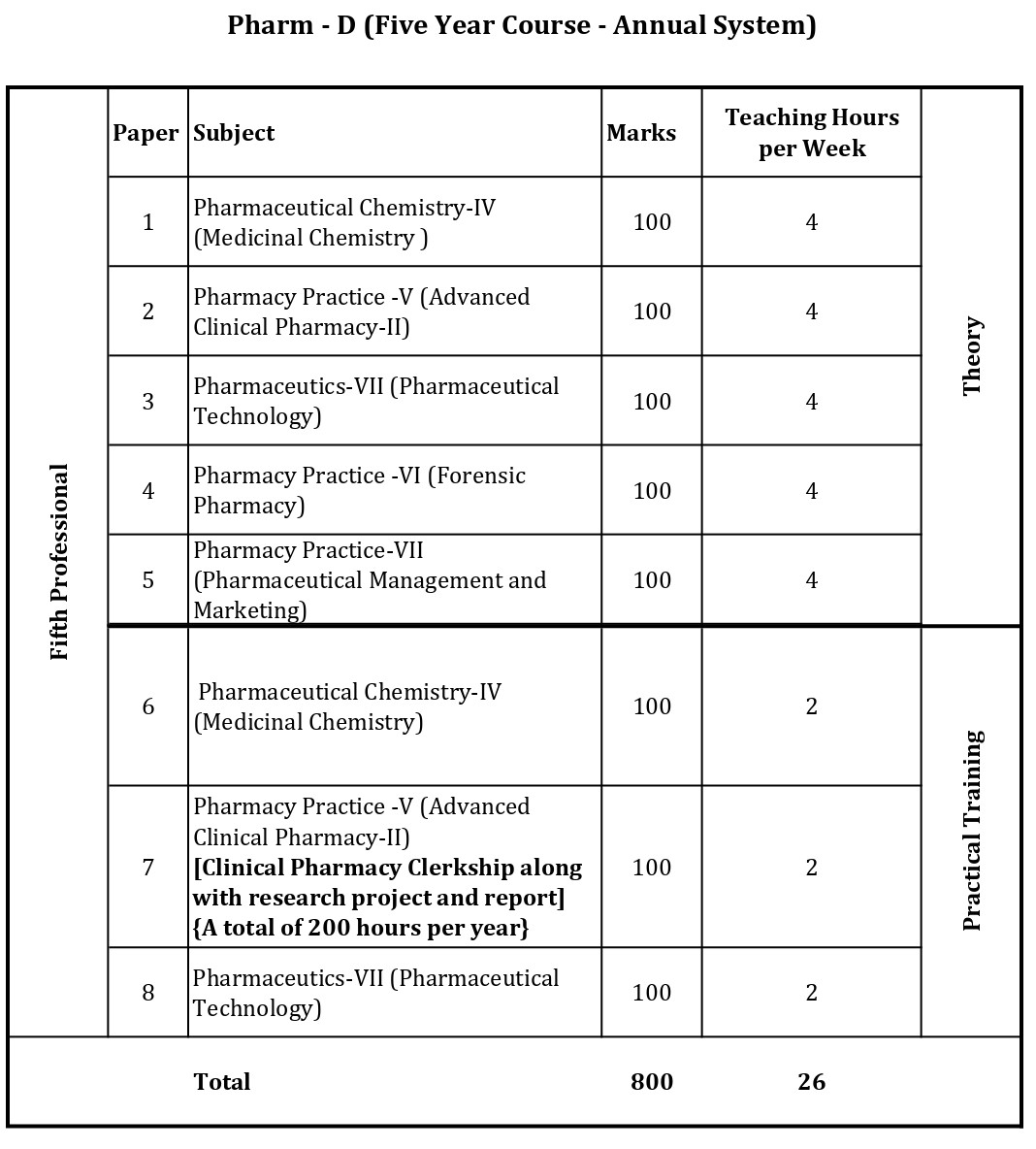Admission Office : 0992811720. Examination Office : 0992922550 , 922551
- Homepage
- Vice Chancellor
- Faculties
- Administration
- Admission
- Examination
- Controller Message
- Convocation 2025
- Result Pharm-D Annual Examination 2025
- BHMS Annual (Re-totaling Decision) Examination 2024
- MA/MSC Annual Examination 2024
- Result Doctor of Pharmacy Annual Examination 2024
- B.A/B.COM Supplementary 2023
- RESULT PHARM-D Supplementary Examination 2023
- RESULTS MA-MSC EXAMINATION ANNUAL 2023
- M.COM & MSC MLT 2023 RESULTS
- Students Support Opportunities
- Revised Schedule of Charges
- Exam Forms
- Exam DateSheets
- ORIC
- Youth Development Centre
- Public Information Office
- Tenders






